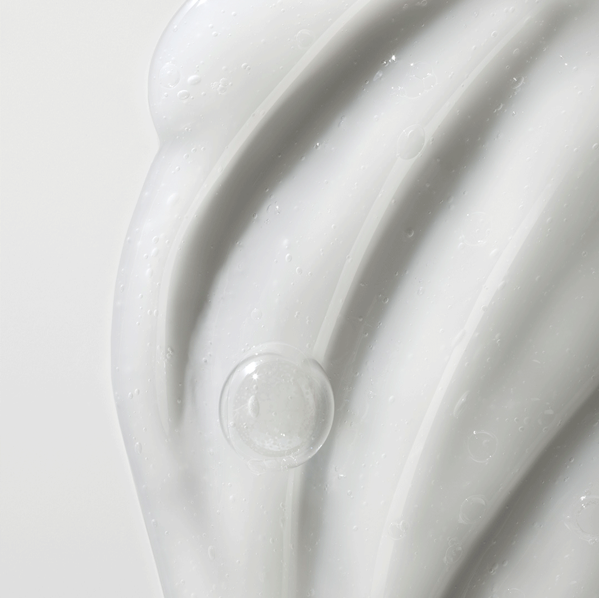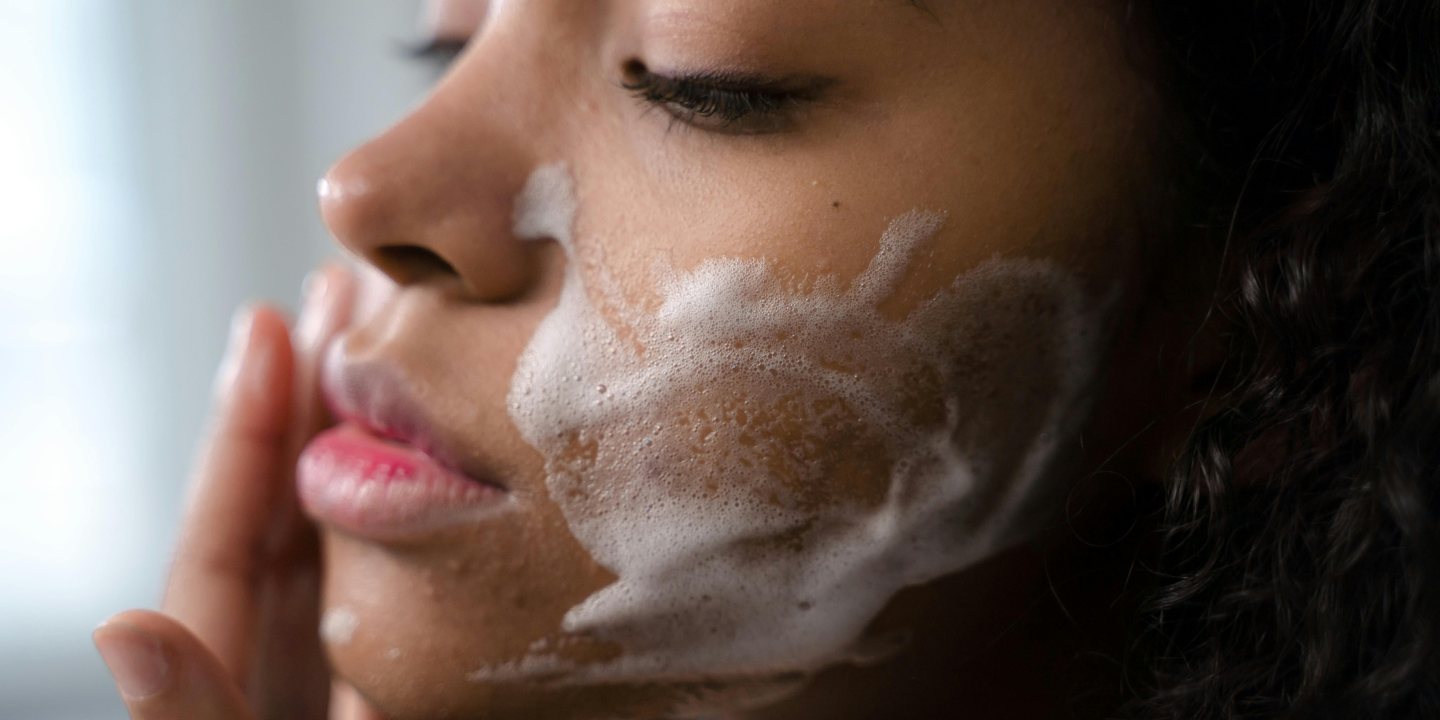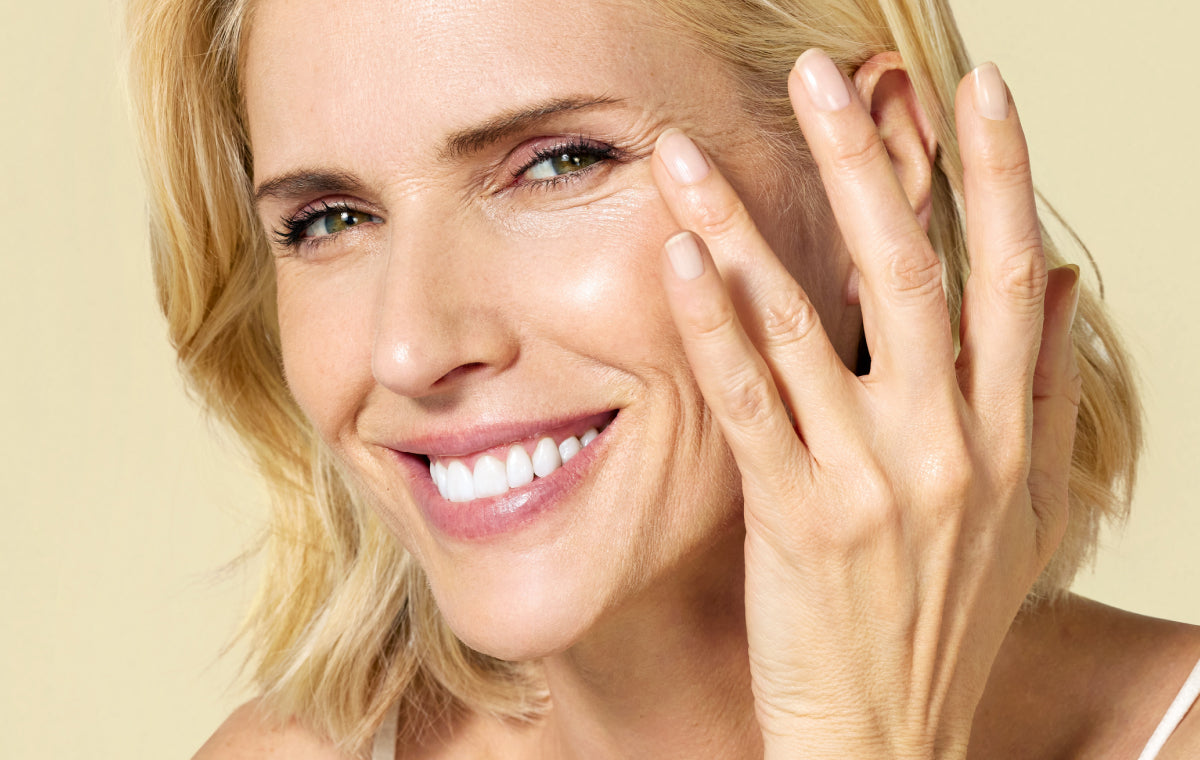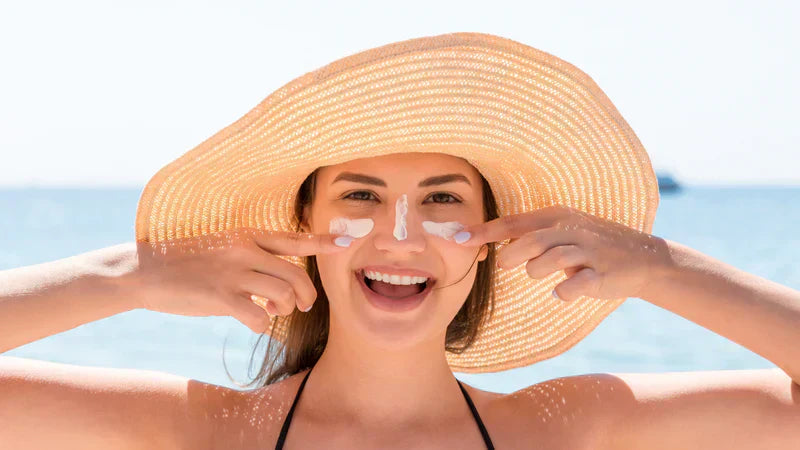In recent years, clean beauty skincare has evolved from a niche concept into a full-blown cultural movement. Scroll through #cleanbeauty on Instagram and you’ll find a curated world of sleek glass bottles, botanical buzzwords and minimalist packaging, each urging you to “ditch the toxins” in favor of a more conscious, chemical-free regime.
On the surface, it feels revolutionary. But look a little closer and the messaging starts to echo the beauty industry’s oldest tricks: promise, polish and persuasion.
Today’s clean beauty products don’t just promise hydration, radiance or protection – they promise virtue. Their frosted jars and chic tubes gleam under shop lights, stamped with phrases like “no nasties”, “non-toxic”, and “free from chemicals”. This is skincare rebranded with a moral compass.
But do these claims hold scientific weight? Are our old products truly harmful, or is “clean beauty” just the industry’s latest way to repackage and resell us what we already own, this time at a premium?
We spoke to our resident dermatologist to uncover the truth behind the clean beauty skincare trend – and how to shop smarter without falling for the hype.
A Cultural Obsession: Why Clean Beauty Skincare Is Everywhere
Once a niche movement whispered about in wellness corners, clean beauty skincare is now firmly mainstream. Fuelled by rising awareness of ingredient safety, environmental concerns and a growing demand for transparency, “clean” products have taken center stage on bathroom shelves around the world. For many, they represent a gentler, more responsible approach to skincare.
But make no mistake – there’s serious money behind the movement. According to Groupon, American women spend an average of $3,756 per year on beauty products and services. And the US facial skincare market alone is projected to reach a staggering $12.1 bn by 2025, growing at 3.4% annually, Mintel research shows.
But is this caution rooted in science – or driven by fear? People are naturally wary of chemical names they don’t understand, which has created the belief that “natural” equals safer or better. But that simply isn’t true. What matters is the concentration, dosage and context of the ingredient, not whether it sounds scary.
While clean beauty skincare isn’t inherently harmful, our expert warns it can promote myths. It implies that chemicals are bad and that “clean” equals virtue, which leads us away from science and into the realm of emotional marketing. And ironically, even the most angelic-looking clean product can still cause irritation or allergic reactions – because nature, too, can be potent.
What Does “Clean Beauty Skincare” Actually Mean?

For all its glossy appeal, the term “clean beauty skincare” remains frustratingly slippery. Is it about using fewer synthetic ingredients? Championing sustainability? Avoiding animal testing? Depending on the brand, it could mean all – or none – of the above. With no official regulation or industry standard, “clean” is less a category and more a belief system. And that makes it fertile ground for confusion.
At its best, clean beauty skincare champions thoughtful formulations, environmental responsibility and ingredient transparency. At its murkiest, it becomes a breeding ground for greenwashing and anxiety-inducing marketing.
Most clean beauty skincare lines aim to:
-
Exclude certain synthetic ingredients like parabens, sulfates and phthalates
-
Use naturally derived ingredients
-
Emphasise transparency and simple, pared-back formulas
-
Not test on animals
-
Use sustainable packaging
But without consistent definitions, one brand’s “clean” could be another’s chemical cocktail. For some, it means fragrance free and organic. For others, it’s about vegan credentials or plastic-free packaging. That inconsistency leaves even the savviest shoppers second-guessing.
So how can you navigate it?
First, don’t be spooked by science. “Chemical free” is a nonsense term – everything, from chamomile oil to your morning cup of coffee, is made of chemicals. What matters is how ingredients behave on the skin, not whether they sound natural or synthetic.
If you’re seeking safe, effective skincare, skip the buzzwords and look for brands that offer clinical evidence, dermatologist backing and transparent labeling, not just earth-toned branding and a promise of “all natural, no nasties”. A gentler routine doesn’t need to come at the cost of performance – or common sense.
What Our Dermatologist Really Thinks About Clean Beauty Skincare

While the clean beauty skincare trend may feel like a modern wellness revolution, dermatologists tend to take a more measured – and scientifically grounded – view. Their consensus? Clean beauty can offer benefits, but it’s no magic bullet. In fact, some of the loudest marketing claims often obscure the nuances of what your skin truly needs.
The Upside of Clean Beauty
There are elements of the clean beauty movement that our skin expert welcomes:
-
Fewer common irritants. Many clean beauty products steer clear of synthetic fragrances and certain preservatives, which can reduce the risk of irritation, particularly for those with reactive or sensitive skin.
-
More ingredient transparency. Brands embracing the clean label often provide clearer, more accessible information about what’s in their formulations, which can empower more informed choices.
But It’s Not All Rosy
That said, dermatologists also raise several red flags:
-
It’s not regulated. “Clean” has no legal definition. This leaves the door wide open for inconsistent standards and, at times, misleading claims.
-
Natural isn’t always better. Just because something is plant based doesn’t mean it’s gentle or beneficial. Plenty of natural substances can irritate the skin, or worse.
-
Science often takes a back seat. Many clean beauty brands lean heavily on emotional language like “toxin free” or “detoxifying”, which lacks scientific basis and often plays on fear rather than facts.
In short, a product being “free from” something doesn’t automatically make it safer, more effective, or better for your skin.
The Truth About “Toxic” Ingredients
Despite the rhetoric, most of the ingredients that have been demonised – like parabens or silicones – are perfectly safe at the concentrations used in cosmetics. For the vast majority of people, these ingredients pose no risk. In fact, preservatives like parabens play a vital role in preventing microbial growth and keeping products safe to use.
Dermatologists also caution against oversimplifying skin problems. Hormones, genetics and environmental factors all play a role in skin health. Blaming a breakout on the “toxins” in your moisturizer not only lacks scientific backing – it also fuels guilt, especially among those who can’t afford to switch to premium-priced “clean” alternatives.
So… Should You Go Clean?
That’s entirely up to you. Choosing skincare is a personal decision, and if clean beauty skincare helps you feel more confident and aligned with your values, that’s a valid reason to buy. But don’t fall into the trap of thinking that “clean” automatically equals superior, or that conventional skincare is harmful by default.
After all, the most effective routine is one that nourishes your skin, supports its function, and is tailored to your individual needs. That might include natural oils and botanical extracts, but it might also mean lab-proven active ingredients, dermatologist-formulated exfoliants and, yes, the occasional silicone or preservative. Dive deeper into 10 healthy skin habits here.
Because when it comes to skincare, clean doesn’t mean empty, and effective doesn’t mean scary.
How to choose clean beauty skincare that really works
Rather than getting caught up in label language, dermatologists recommend focusing on formulation quality, ingredient concentration, and your skin’s unique needs.
What to look for instead of labels:
-
Ingredients backed by science, such as niacinamide, hyaluronic acid and ceramides.
-
Simple, well-balanced formulas, particularly for sensitive or reactive skin.
-
Transparent brands, with clear ingredient lists and dermatologist involvement.
-
Patch testing guidance, especially for products marketed as “natural”.
-
Sustainable packaging – a true clean beauty brand will care about environmental impact too.
Ready to elevate your skincare routine?
At Lighthouse, we believe in formulas that are as safe and transparent as they are effective. Our dermatologist-trusted clean beauty skincare blends evidence-based ingredients with skin-friendly simplicity and no fluff or fearmongering. Explore the range.





